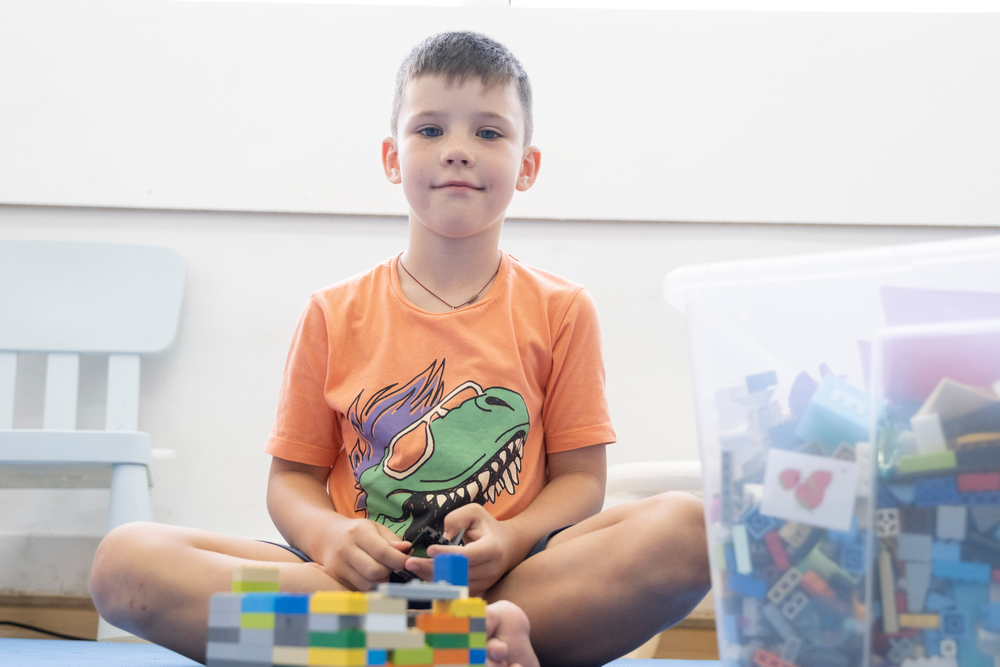
Five things you need to know this week about global education
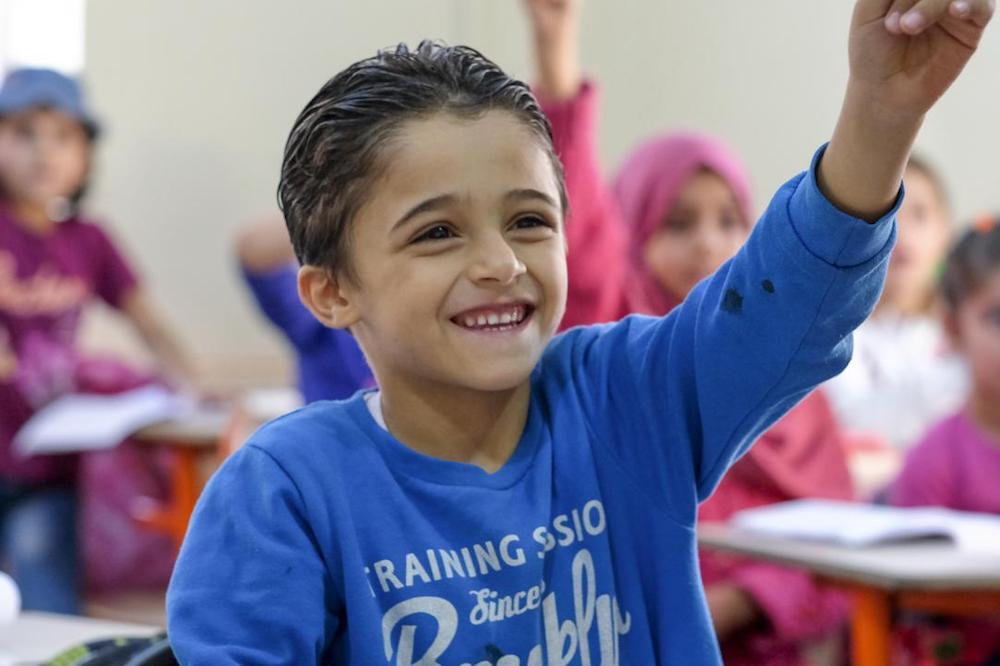
Child marriage, Refugees and internally displaced people
Turkey will resume face-to-face learning when schools go back after the summer break - plus the Olympics star whose life was changed by school meals.
Turkey to restart in-person classes
Turkey – home to the world’s largest refugee population – will resume face-to-face learning when the new school year begins next month.
It had restarted in-person classes in June. But with cases rising in Turkey this month, there had been uncertainty over whether schools would even reopen.
Health Minister Fahrettin Koca said: “I would like to express clearly and loudly that all our schools will open on time. It is impossible for us to give up face-to-face education. We will take necessary measures to protect students and their families.”
Turkey hosts 3.7 million refugees, with about 650,000 refugee children in the public school system.
Chibok girl free after seven years
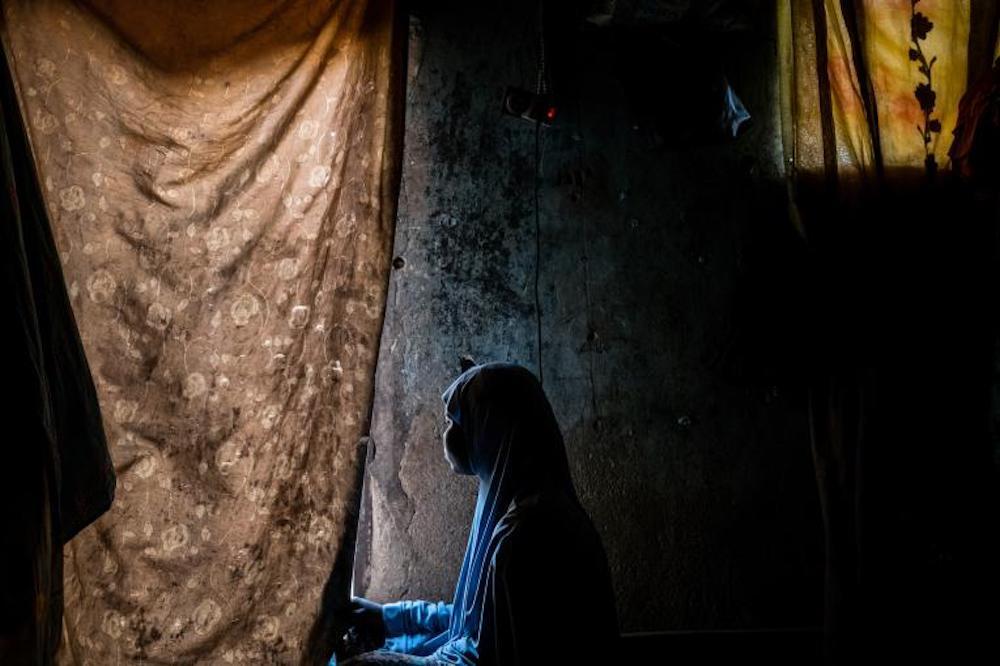
One abducted girl from the Nigerian town of Chibok has been reunited with her parents (UNICEF)
One of the girls taken by Boko Haram in the Chibok school kidnapping in 2014 has been freed and reunited with her parents.
Borno state Governor Babagana Zulum said the girl and a man she said she married during captivity surrendered to the military. Officials identified her and contacted her parents.
The abduction of more than 200 Chibok schoolgirls sparked an international outcry and the #BringBackOurGirls movement. About 113 of the students are believed to be still held by the militant group.
Boko Haram and Islamic State West Africa Province attacked schools in northern Nigeria for several years. The tactic has now been adopted for ransom demands by criminal gangs, who have snatched more than 1,000 children from 10 schools since December.
School meals gave me education and Olympics glory
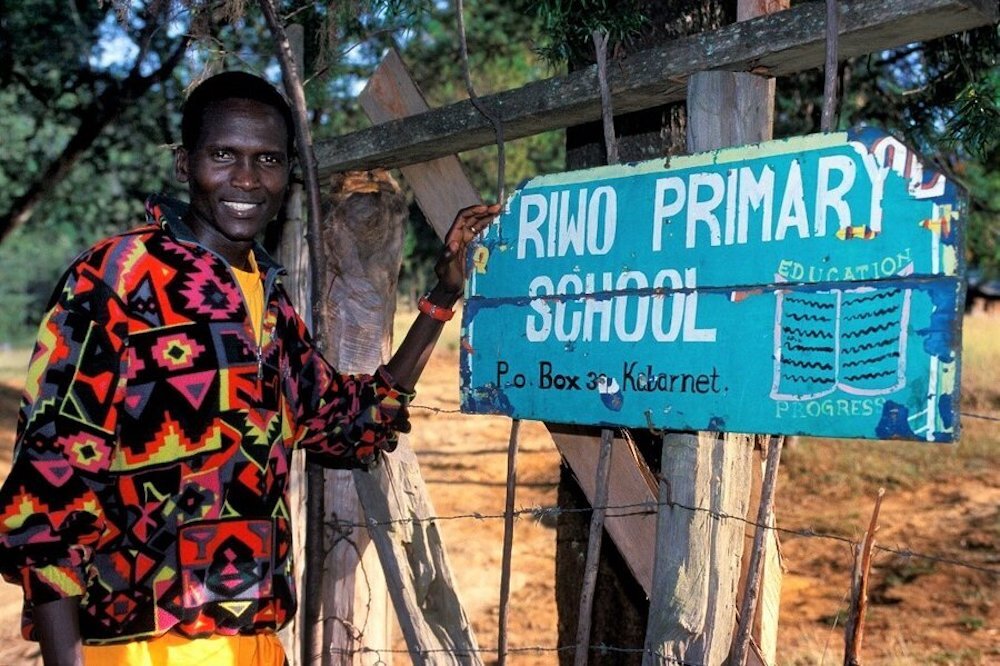
Paul Tergat poses for a picture at Riwo Primary School where he studied as a child (WFP / Wendy Stone)
An Olympic medal-winning athlete has told how getting school meals as a child changed his life.
Paul Tergat from Kenya said his family were so poor they often didn’t have enough food for even one daily meal. As a result, he didn’t have the energy to make the three-mile trek to school. If he did go, he couldn’t concentrate on his lessons.
The World Food Programme changed all that by distributing free school meals. Paul – who won silver in the 10,000 metres at the 1996 and 2000 Olympics – said: “WFP’s school feeding programme changed my life.” He began to run to school and added: “We were able to be in class to study longer, concentrate more.”
He is a longstanding supporter of WFP and has travelled the world to share his inspiring story with children in the poorest areas. He added: “Education is critical and should be made available to everyone.”
Indian teachers seek periods leave
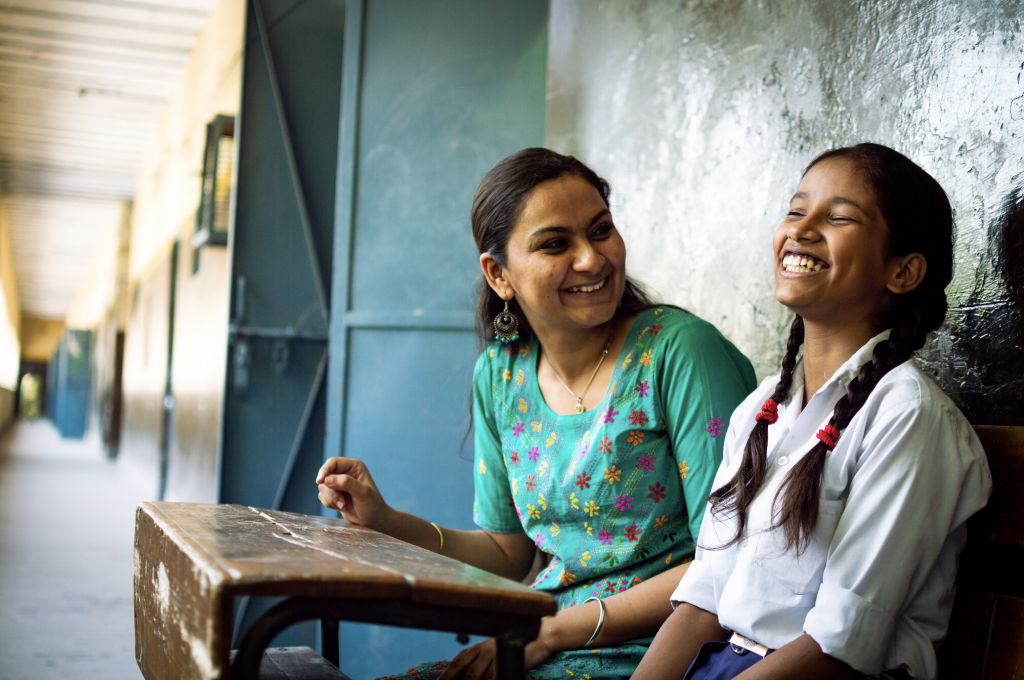
Teachers in India who travel long distances to school and don’t have access to decent toilets are campaigning for menstrual leave each month.
An association representing more than 200,000 female teachers in Uttar Pradesh state said more than 70% of female staff work in villages.
Association president Sulochana Maurya told the BBC: “It’s well known that menstruating women need rest, as many experience physical discomfort and emotional agony and travelling 30 to 60 kilometres to reach schools in remote rural areas can be especially taxing.”
One study showed that 23 million girls drop out of school in India annually because of a lack of menstrual hygiene facilities.
Child marriage condemned after tragedy
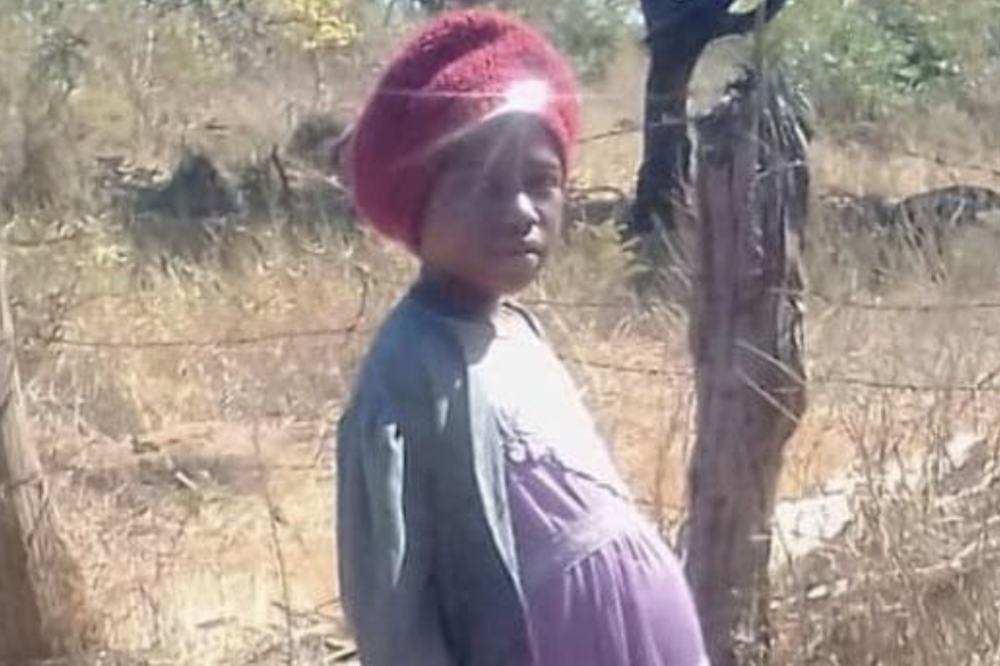
The UN has condemned the practice of child marriage after the death of Memory Machaya
The United Nations has condemned child marriage in Zimbabwe following an outcry over the death of a 14-year-old girl after she gave birth at a church shrine.
One in three girls in the Southeast African country are married under the age of 18 – which often disrupts or ends their education.
The government has traditionally turned a blind eye to the practice but a new bill before parliament seeks to ban child marriage.
The UN in Zimbabwe said it “notes with deep concern and condemns strongly” the circumstances leading to the death of Memory Machaya from rural Marange. “Sadly, disturbing reports of the sexual violation of under-age girls, including forced child marriages, continue to surface.”
More news

